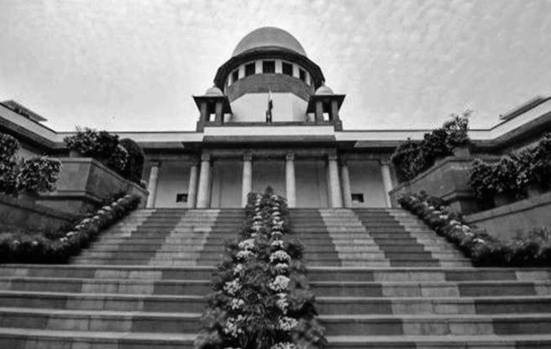Snehal Upadhyay-
With a challenge to the view taken by the Delhi High Court in the suit related to trademark infringement between different wings of science and technology giant Merck, the Court decided to hear the case based on its material on record without recording any further evidence. The Court also stated that recording any shreds of evidence will only be done after hearing the advocates.
The disputed suit in front of the Delhi High Court was between Merch KGAA (plaintiff), which is a Germany based company and Merck Sharp & Dohme and others (defendant), which is an America based company.
The dispute is that the plaintiff alleges that there is a breach of contract and this infringement is done by the defendants by passing off to use the mark “MERCK” on the internet including on various other social media platforms.
The constitutional bench consisting of Justices D.Y. Chandrachud, R. Subhash Reddy and Ravindra Bhat, considered the Special Leave Petition filed by the petitioners against the High Court Order on its Interlocutory Application for cross-examination of a technical expert of the plaintiff and for tendering into evidence affidavit in case of examination-in-chief of the witnesses of the defendants.
The Senior Advocate K. V. Vishwanathan said on the Special Leave Petition, “Once the affidavit has been taken by the Court, how can cross-examination be denied?”
To which, Justice D.Y. Chandrachud responded saying, “It is only in the Supreme Court of India that one can come against a procedural direction passed by a Single Judge at an interim stage. Such a thing would not happen in the US Supreme Court.”
The bench consequently dismissed the Special Leave Petition.
Click here to Read or Download the Order

